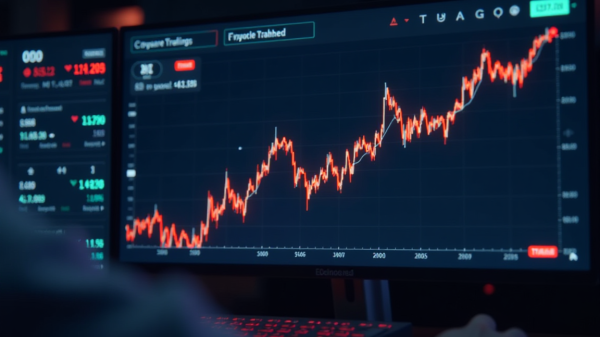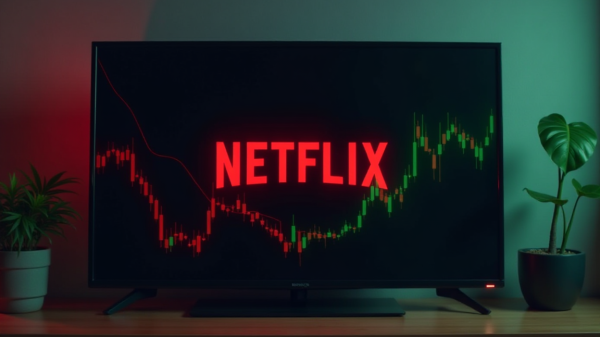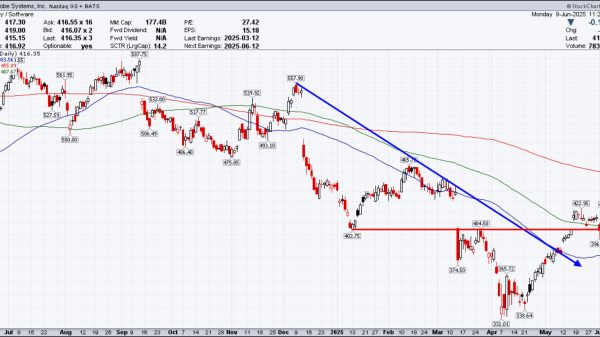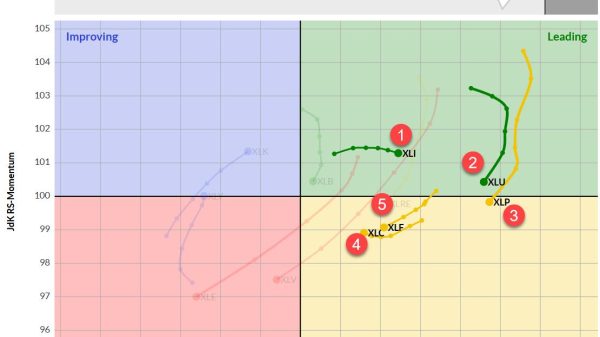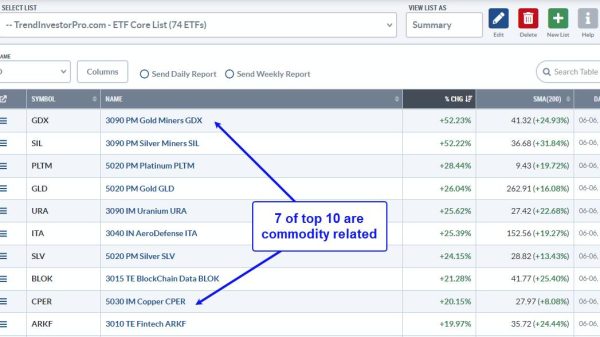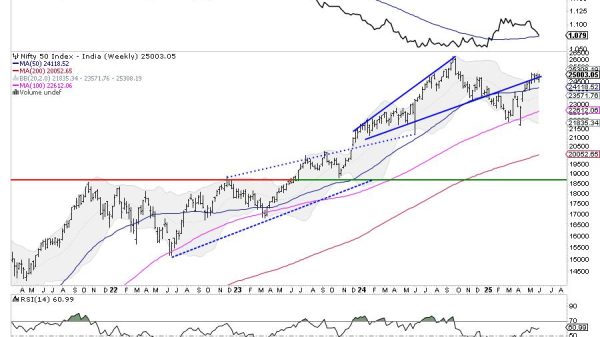Middle East Oil Disruptions Send Prices Soaring
In the complex web of global geopolitics and energy dynamics, the heartbeat of the world economy often resonates with events related to oil in the Middle East, a region known for its vast oil reserves. Recently, concerns about Middle East oil supply disruptions have sent shockwaves through the global oil market, triggering a price surge and impacting those involved in trading oil. This article delves into the recent events and their impact on oil prices, exploring the intricate balance between politics, conflict, and the ever-potent commodity – oil.
Heightened Tensions and Supply Disruptions
Local protests in Libya led to a complete shutdown of production at the Sharara oilfield, a key player capable of producing up to 300,000 barrels per day. This disruption adds another layer of complexity to the already volatile oil market, affecting decisions to buy oil and the operations of oil rigs in the region, with the Sharara oilfield being a frequent target for local and broader political protests.
Simultaneously, events in the aftermath of Qassem Soleimani’s commemoration escalated tensions. Nearly 100 people lost their lives in explosions during the event, prompting Iranian officials to blame “terrorists” and vow revenge. However, the lack of a claimed responsibility leaves a cloud of uncertainty over the situation. Meanwhile, the Israel-Gaza war and the killing of Hamas’ deputy leader add further fuel to the fire, contributing to the rising concerns surrounding oil in the Middle East.
Geostrategic Complexities and Red Sea Worries
Yemen’s Houthi rebels, who are backed by Iran, claimed to have targeted a container ship bound for Israel, raising concerns about shipping safety in the Red Sea. The U.S. Central Command reported that the militant group fired two anti-ship ballistic missiles in the southern Red Sea, intensifying the already fraught maritime situation and impacting oil trading dynamics.
Amid these tensions, the ongoing conflict between the Israeli military and Iran-backed Hezbollah has spilt over into Beirut, with the killing of Hamas’ deputy leader. The regional instability, especially in Lebanon, adds an element of unpredictability to the oil market, contributing to the prevailing uncertainties for those involved in buying oil and operating oil rigs.
Market Dynamics and OPEC+ Unity
Data from the American Petroleum Institute, indicating a significant drop in U.S. crude stocks, supported the market. However, concerns rose as gasoline inventories unexpectedly increased. The Energy Information Administration’s weekly data, delayed due to the New Year’s holiday, is eagerly awaited for a more comprehensive understanding of the U.S. oil landscape.
Amidst these fluctuations, the Organization of the Petroleum Exporting Countries (OPEC) reinforced its commitment to cooperation and dialogue within the wider OPEC+ producer alliance. This commitment comes in the wake of Angola’s decision to leave the bloc, highlighting the ongoing challenges the oil-producing nations face in maintaining a united front.
As the world navigates through these turbulent times, the oil market dynamics continue to be a barometer of global stability. The recent events in the Middle East have highlighted the interplay between geopolitical tensions and the oil market. The uncertainties surrounding Middle East oil have not only pushed prices higher but have also reminded the world of the delicate balance that exists between energy security and political volatility.
The post Middle East Oil Disruptions Send Prices Soaring appeared first on FinanceBrokerage.



